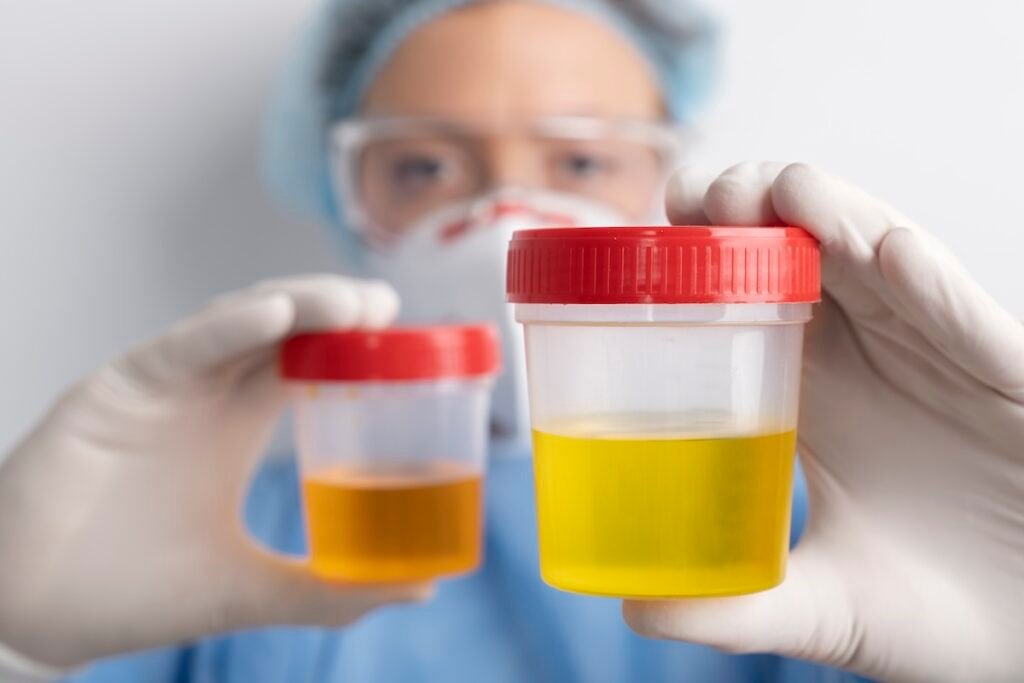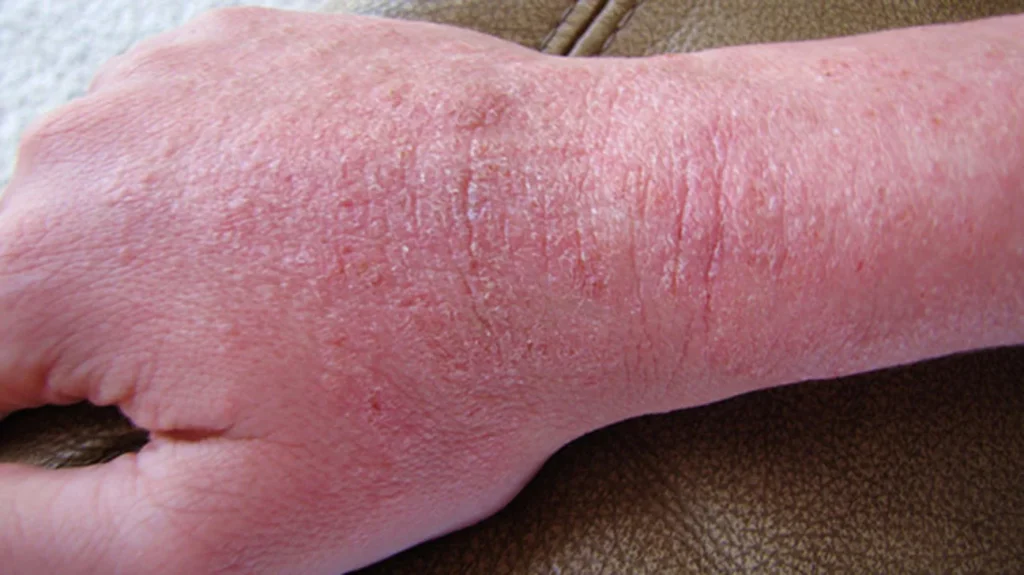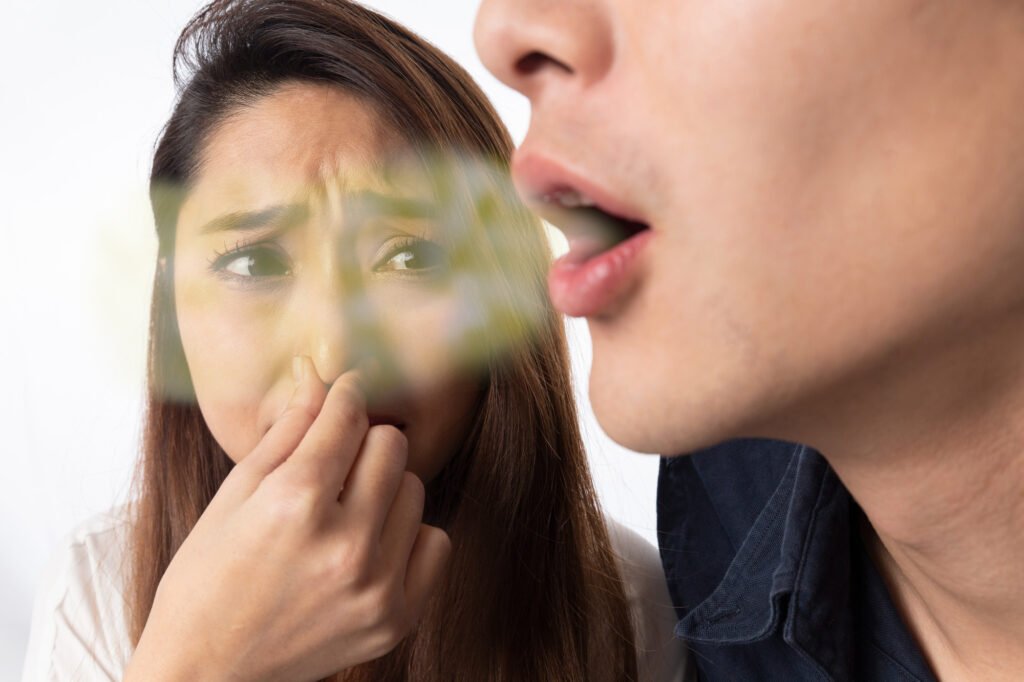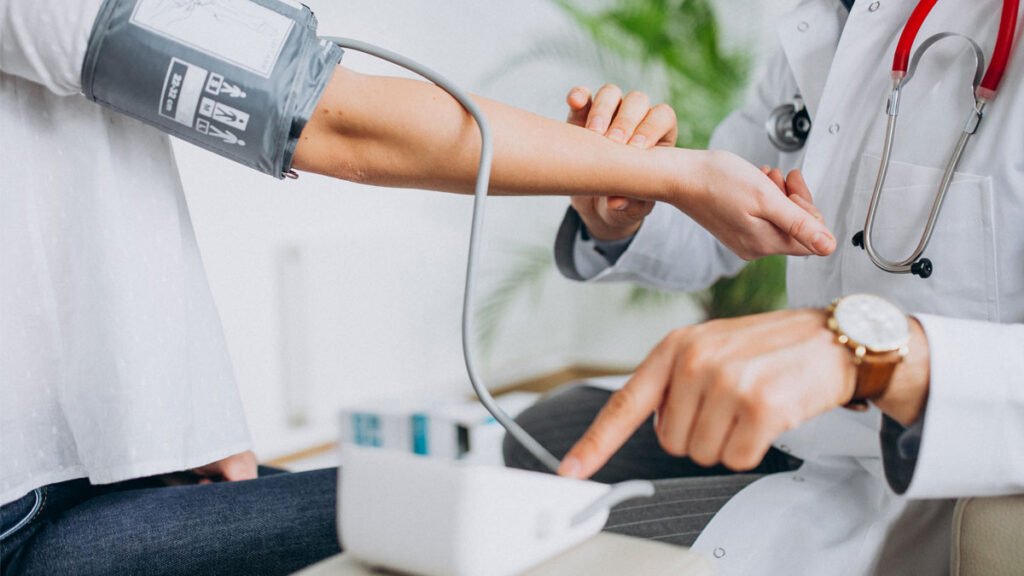The symptoms of damaged kidney can be subtle at first, but they should never be ignored. Kidneys play a vital role in filtering waste, balancing electrolytes, and regulating blood pressure. When these essential organs are damaged, they send warning signs through your body. Fatigue, swelling, changes in urination, and shortness of breath are just a few early symptoms that indicate something is wrong with your kidneys.
1. Fatigue and Weakness

A constant feeling of tiredness, even after a good night’s sleep, could mean your kidneys aren’t working efficiently. Kidneys are responsible for filtering out toxins from your blood. When they don’t do their job well, these toxins accumulate and make you feel drained and sluggish. Another reason for fatigue is that damaged kidneys produce less erythropoietin—a hormone that helps make red blood cells.
2. Changes in Urination

Your urination habits can reveal a lot about your kidney health. If you find yourself going to the bathroom more frequently, especially at night, it might be an early warning sign. On the other hand, producing less urine or struggling to urinate can indicate fluid retention, which is common with kidney problems. Foamy or bubbly urine suggests protein leakage, a clear indication that your kidneys are not filtering properly.
3. Swelling in Feet, Ankles, and Face

Swelling or puffiness in the lower parts of your body, such as feet and ankles, can be a sign that your kidneys are not removing extra fluids effectively. When sodium and fluids build up in your body, you might also notice puffiness around your eyes, especially in the morning. This swelling, known as edema, can feel uncomfortable, and if left untreated, it can worsen over time.
4. Itchy and Dry Skin

Your skin reflects what’s happening inside your body. Healthy kidneys help maintain the right balance of minerals and nutrients in your blood. When they start failing, this balance gets disturbed, resulting in itchy, dry skin. This can occur because of an excess build-up of phosphorus in the blood, which irritates the skin. No amount of moisturizer seems to relieve the itching, making daily life uncomfortable.
5. Metallic Taste and Bad Breath

One of the lesser-known signs of kidney damage is a metallic taste in the mouth or chronic bad breath. When waste products like urea accumulate in the bloodstream, they create an ammonia-like smell in the breath. Food may start to taste odd or lose its appeal, and you might find yourself skipping meals because of a constant bad taste lingering in your mouth.
6. Nausea and Loss of Appetite

Kidney problems can also mess with your digestive system. The build-up of toxins in the body can trigger nausea, vomiting, and a general lack of interest in food. Many people with early kidney issues report feeling full quickly or experiencing an upset stomach throughout the day. This ongoing nausea makes it hard to eat properly, which can result in weight loss and weakness over time.
7. High Blood Pressure (Hypertension)

The kidneys and blood pressure are closely connected. Healthy kidneys regulate blood pressure by balancing fluid levels and releasing hormones. When they’re damaged, blood pressure can rise, which further strains the kidneys. This creates a vicious cycle, as high blood pressure worsens kidney function over time.
8. Shortness of Breath

Struggling to catch your breath after mild activities or feeling breathless even while resting can be a sign that your kidneys aren’t functioning well. When the kidneys fail to remove excess fluid, it can accumulate in your lungs, making it difficult to breathe. Additionally, anemia caused by kidney disease reduces oxygen levels in the body, contributing to shortness of breath.
9. Common Causes of Kidney Damage

Kidney damage doesn’t happen overnight. Several factors can contribute to kidney issues over time. High blood pressure and diabetes are the leading causes of kidney failure worldwide. Regular use of painkillers, especially non-prescription NSAIDs, can harm kidney tissue. Lifestyle habits like smoking and excessive alcohol consumption also take a toll on your kidneys.
10. Tips to Maintain Healthy Kidneys
Caring for your kidneys doesn’t have to be complicated. Staying hydrated is one of the easiest ways to keep your kidneys functioning well. Drink enough water daily to help your body flush out toxins. Eating a balanced diet with less salt, sugar, and processed food reduces the burden on your kidneys. Regular physical activity helps manage weight and keeps blood pressure under control, both essential for kidney health.
Conclusion
Your kidneys may be quiet, but their role in keeping you healthy is enormous. Recognizing the early signs of kidney problems—like fatigue, changes in urination, swelling, and shortness of breath—can make all the difference. Simple lifestyle changes, such as drinking more water, eating healthy, and staying active, can protect your kidneys in the long run. If you notice any unusual symptoms, don’t ignore them. Early diagnosis and treatment can prevent serious complications and help you maintain a healthy life.
If you have any queries related to medical health, consult Subhash Goyal or his team members on this given no +91 99150 72372, +91 99150 99575, +918283060000




